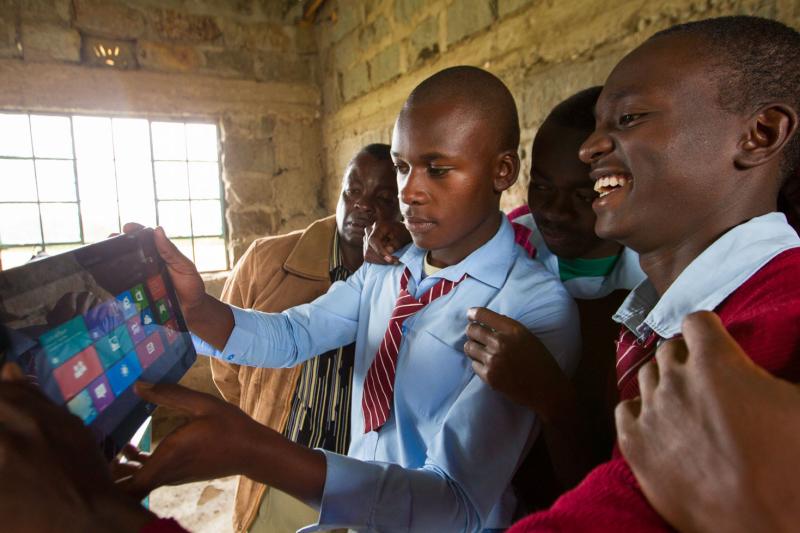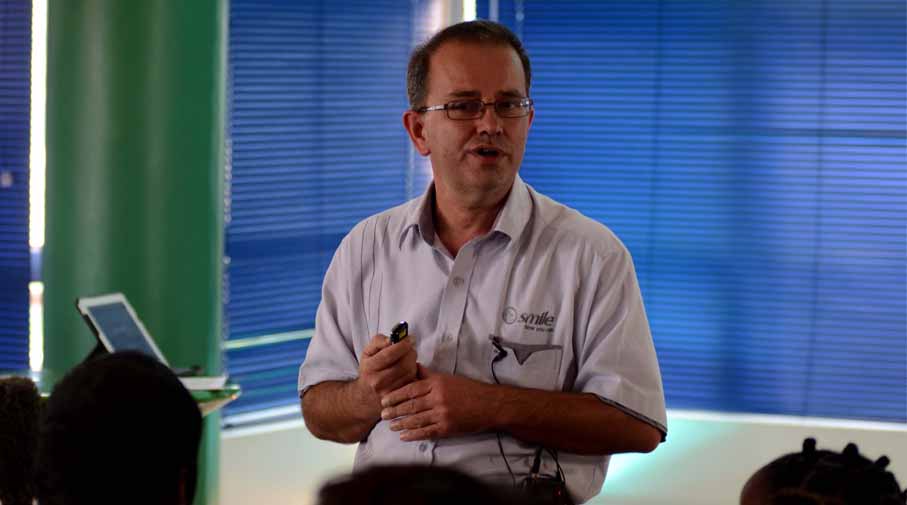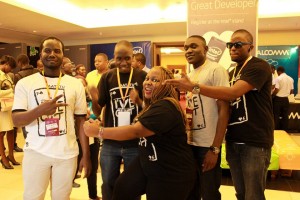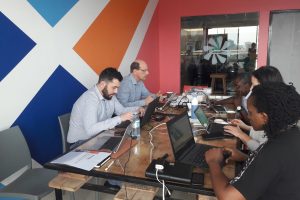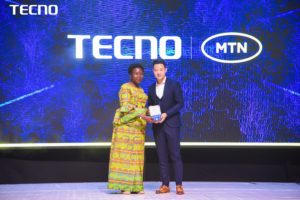What if broadband could be made affordable to communities who have never been connected to the information highway?
Microsoft South Africa, in partnership with the Department of Science and Technology (DST), the Council for Scientific and Industrial Research, the University of Limpopo, and local networking firm Multisource, with regulatory support from the Independent Communications Authority of South Africa, today celebrates the official implementation phase of the highly anticipated TV White Spaces pilot project at the University of Limpopo. The pilot project is part of the Microsoft 4Afrika Initiative, whose goal is to help ignite Africa’s economic development and improve its global competitiveness through innovation, world-class skills and affordable access.
The immediate beneficiaries of this project will be five schools and the University of Limpopo, plus hundreds of learners and students who will be exposed to 21st century teaching techniques that will make them more employable in future. Currently, the World Economic Forum’s Global Competitive report 2014 estimates that 70% of South Africa’s unemployed are young people.
This pilot project has the potential to positively affect the lives of millions of South Africans, as the affordability of broadband remains a formidable barrier to universal access in many parts of rural South Africa. By simply reducing the cost of broadband access, millions more South Africans could get online, creating new opportunities for education, health care, commerce and the delivery of government services across the country.
The Limpopo TV White Spaces pilot project aims to enable quality education for all through technology, helping to close the digital divide in Africa.
Helping Africa become more globally competitive
Microsoft South Africa MD, Mteto Nyati adds, “We need to enable our citizens to live, work and play on the global stage. Almost 60% of employees in a recent 21st century skills study said they developed most of the skills they use in their current jobs outside of school. Imagine if we could swing that around by giving them access to affordable cloud services, devices and broadband, as well as with teacher training programmes such as Partners in Learning, to equip our young learners with the skills they need to become the workforce of tomorrow.”
The DST’s Chief Director: Sector Innovation and Green Economy, Mr Isaac Maredi, says, “The Limpopo TV White Spaces pilot project can be used as a testing ground for developing a nationally applicable model that will meet government’s goal of providing low-cost broadband access to the majority of South Africans by 2020 in line with the Cabinet-approved Broadband Policy and the ICT vision as set in the National Development Plan.”
The ICT Research, Development and Innovation (RDI) Implementation Roadmap, which is a 10 year plan to guide investments in South Africa’s ICT RDI capabilities, identifies the importance of focused funding of research and innovation into future means of providing access. The TV White Spaces pilot project is part of a portfolio of affordable, easy-to-deploy broadband technology and service projects supported by the DST.
The five high schools in Mankweng – Mountainview, Doasho, Mamabudusha, Mphetsebe and Ngwanalaka – are all located within an 8 km radius of the University of Limpopo. Prof. Mahlo Mokgalong, Vice-Chancellor and Principal of the university, says the project will provide the learners in the identified schools with the tools they need to reach their full potential.
“Some of the schools in the area have a shortage of materials. So, the project will definitely benefit the learners in those schools and expose them to computer usage so that they can become true 21st century students and, eventually, valuable employees,” he explains.
Microsoft is having tremendous success with similar TV White Spaces pilots in Kenya, Tanzania and, more recently, Ghana, and in other parts of the world like Singapore and the United Kingdom.
The project offers endless possibilities towards making affordable broadband a basic utility for everyone in South Africa.
Image: Microsoft 4Afrika project


